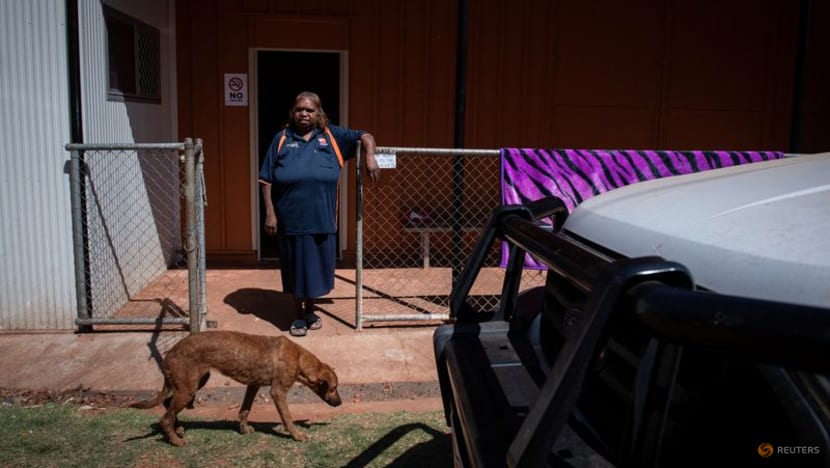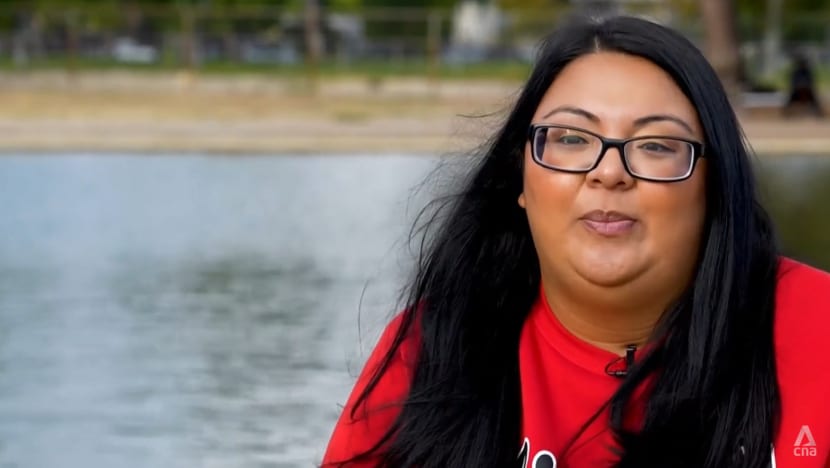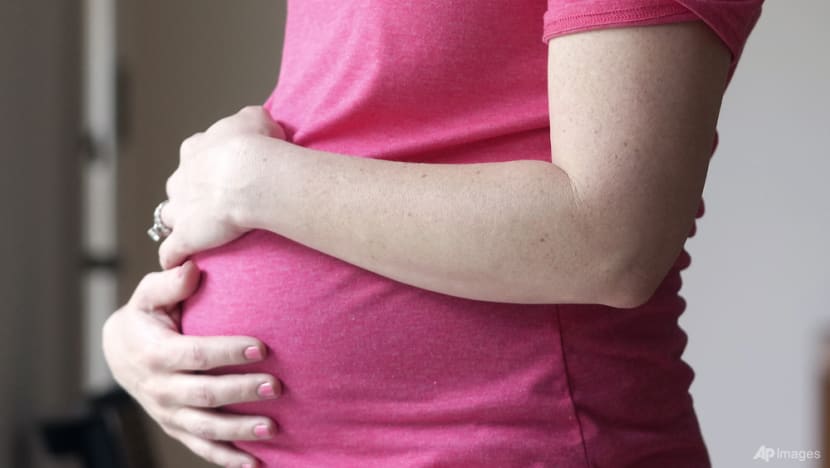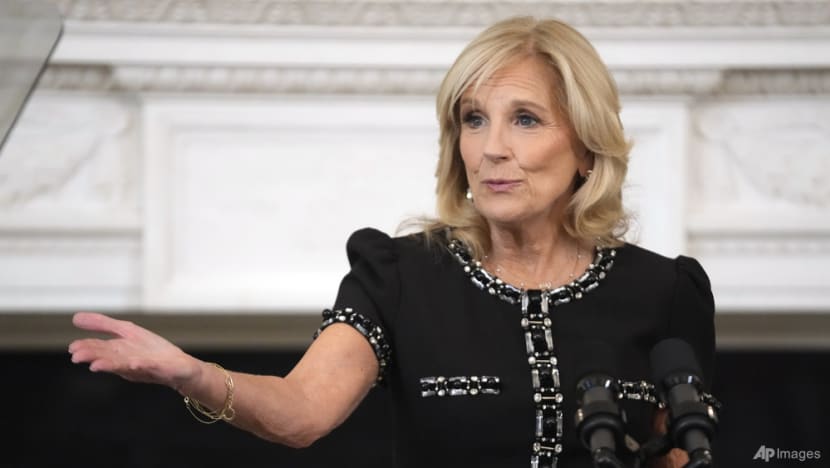From Australia to the White House, efforts stepped up to fight gender bias in healthcare system
The term “medical misogyny” refers to the ingrained gender bias in the healthcare system towards women.


This audio is generated by an AI tool.
SYDNEY AND LOS ANGELES: America and Australia are stepping up efforts to tackle medical misogyny, which refers to the ingrained gender bias in the healthcare system towards women.
In Australia, a National Women’s Advisory Council has been formed to investigate why women often suffer poorer treatment and delayed diagnosis, and to promote better healthcare for women of all ages and cultural backgrounds, particularly indigenous women.
United States President Joe Biden has also signed a presidential memorandum to establish the first White House initiative on women's health research, to be led by first lady Jill Biden.
AUSTRALIAN HEALTHCARE
Research has revealed systemic disadvantages for women in Australia's healthcare system.
It particularly affects indigenous women, who also face social and racial prejudices.
Professor of indigenous education, health and research Juanita Sherwood from the Jumbunna Institute for Indigenous Education and Research told CNA: “There's been over 200 years of devastating policy that has impacted on our health, well-being, mentally, emotionally and spiritually.”
Prof Sherwood is a registered nurse and a Waradjuri woman, and has spent over three decades working on Aboriginal health and education.
The inequality between white settlers and the Aboriginal people who have lived in the country for around 65,000 years continues to manifest itself in everyday life.
Aborigines have a much lower life expectancy, a greater child mortality rate and poor access to clean water and hygiene.
In the town of Walgett in far west New South Wales, there are two hospitals, but babies still have to be delivered a three-hour drive away in the city of Dubbo, due to a lack of facilities.
Disability support worker Jenny Trindall told CNA that in Dubbo, pregnant mothers are discharged from hospital right after delivering.
They then have to find their own way home, “which is sad, particularly if you’ve got a mum with another three or four kids at home”, said Ms Trindall.
While it is not just people of colour who are affected by medical misogyny, they have it worse overall, said human rights lawyer Professor George Newhouse.
“If there’s medical misogyny then the intersection of race and gender means that the outcomes are even worse,” Prof Newhouse, who co-founded the National Justice Project, told CNA.
“We see cases of a lot of misidentification. We have Aboriginal women having much lower weight babies than non-indigenous women. We see Aboriginal women with 27 times the rate of diabetes.”
He cited statistics from Victoria and Queensland showing that more than 50 per cent of Aboriginal people believe they will receive a lower standard of health care than non-indigenous people.
Prof Sherwood noted that Aboriginal people view their well-being from a different cultural perspective.
“Our health is holistic. We don’t just want a mainstream approach to our health and well-being, but we do require respectful encounters and culturally safe experiences in the health service, because if you keep on getting bashed up by nurses and doctors, you don’t want to come back,” she explained.
TRAUMA FROM MEDICAL PROCEDURES
The state of women’s healthcare is also increasingly under the spotlight in the US.
The American Congress of Obstetricians and Gynecologists (ACOG) says it advocates for a patient-centred approach, where decision making is shared between a patient and their healthcare professional in a way that prioritises a patient’s values and does not reflect the clinician’s biases.
However, the experience of women, such as Ms Kimberly Turbin, goes against that guidance.
The birth of Ms Turbin’s son Rio had left her severely injured and traumatised, after the doctor administered an episiotomy procedure against her will.

An episiotomy is a cut through the area between a woman’s vaginal opening and anus during childbirth.
Ms Turbin told CNA her trauma was dismissed because her son was born healthy.
“It didn't matter what the mother felt or what the mother went through,” she said.
“It didn’t matter being a healthy mother, (all that matters) is that you have a healthy baby. But how could you give a healthy baby continuous health if the mother is not healthy?”
Maternal fetal medicine specialist Dr Emiliano Chavira said the way doctors are trained means that many of his colleagues are focused on the end result, rather than the patient at the moment.

“That's not really part of our training as physicians. What's hammered into us is getting the good outcome,” Dr Chavira said.
“But the good outcome is defined by very physical parameters, right? Was there a hemorrhage? Was there a vaginal laceration? Was there a fever?
“It's not so much part of our training (to ask) did the mother feel listened to? Did she feel empowered? Was she inappropriately scared in some way? Those are not really elements of our training and so much less on our radar.”
The White House directive, announced on Nov 13, tasks federal agencies to propose concrete actions on improving research into women's health within 45 days, and identify transformative areas of investment, from heart attacks to menopause.
“I have always believed in the power of research to save lives and to ensure that Americans get the high-quality health care they need. To achieve scientific breakthroughs and strengthen our ability to prevent, detect, and treat diseases, we have to be bold,” President Biden said in a White House statement.

First lady Jill Biden, who will be leading the effort, said: “Every woman I know has a story about leaving her doctor’s office with more questions than answers. Not because our doctors are withholding information, but because there’s just not enough research yet on how to best manage and treat even common women’s health conditions. In 2023, that is unacceptable.”
She also called on US congressional leaders, the private sector, research institutions and philanthropic bodies to join in the effort.
















